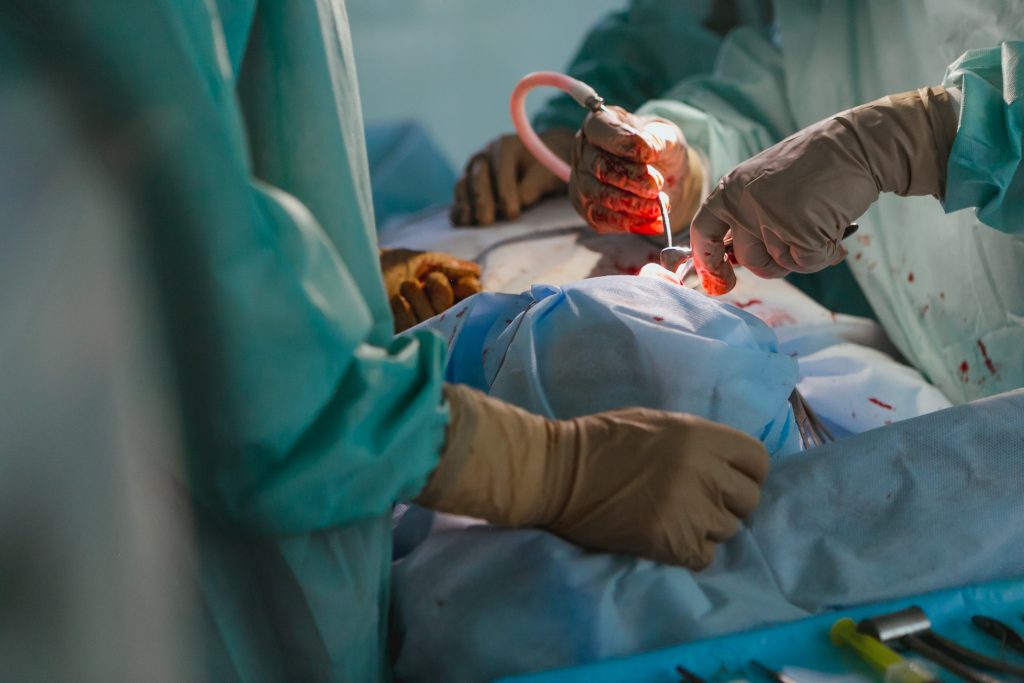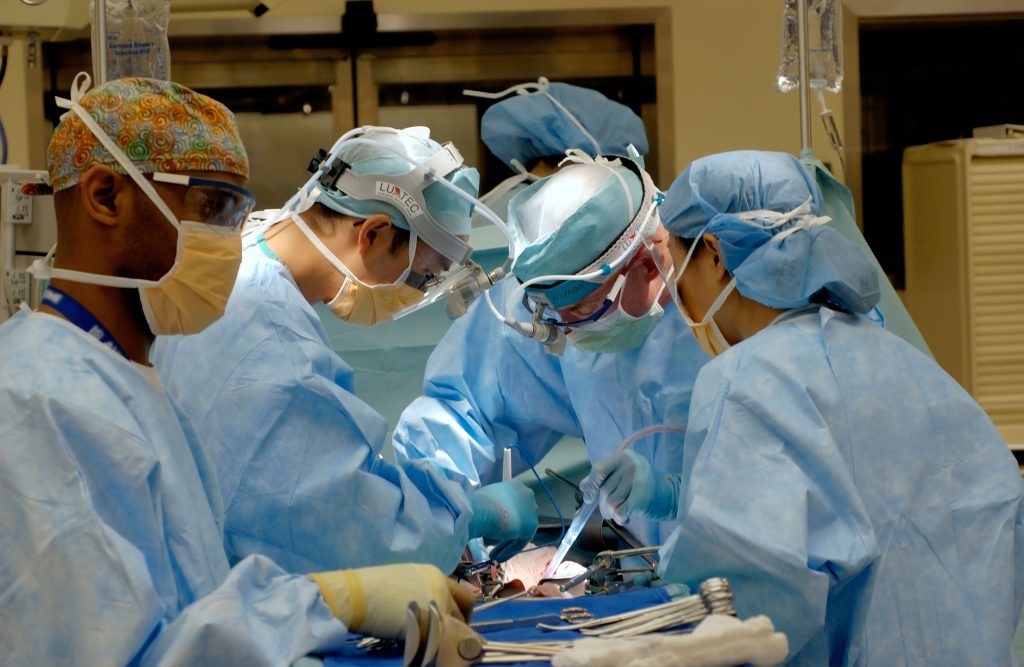News
A warm welcome for new liver transplant technology
26 March 2020
The creation of an artificial ‘womb’ that keeps livers warm for transplantation could save lives.
In a world’s first clinical trial, published in the scientific journal Nature, a team of biomedical engineers, surgeons and researchers created a life support machine that helps donor livers. This new machine keeps livers intended for transplantation at body temperature, instead of storing them on ice, which helps improve the organ function and could increase the number of transplants – saving many more lives.
The device used in the trail, known as the Metra, which means ‘Uterus’ in Ancient Greek, add developed by OrganOX in the UK, works by mimicking the human body. The machine keeps the liver at 37°C as well as providing it with oxygenated blood and nutrients for a maximum of 48 hours. The transplantation team can also ‘read’ how the liver is coping whilst it is attached to the machine, giving surgeons more confidence in its condition.

The team of researchers of the clinical trial, which was conducted with the help of transplant centers in the UK and in Europe, found that the use of the machine for liver transplants allowed 20% more transplants to happen. This was compared to the traditional cold storage technique using ice (known as cold static storage) – which helps slow down damage to the liver caused by a lack of oxygen. Of the 220 patients involved in the trail, those who received a warm transplant had lower rates of serious complications with their new liver.
Last year, 1227 patients were placed on the waiting list for a new liver to treat end stage liver disease – which kills around 11,000 people per year in England. A patient can wait 100 days for a donor organ, with many dying before an organ is found. But new technology, like the Metra, could lead to more patients being offered liver transplants sooner, saving and extending their lives.
Warm liver transplants are being hailed by surgeons as a game-changer with NICE (the National Institute for Health and Care Excellence) recently approving its use in the NHS. This type of technology opens the door for further treatment options during liver transplants. Preserving the liver for longer in a machine may allow surgeons to treat underlying diseases that would prevent the liver from being transplanted in the first place.
Source: https://www.nature.com/articles/s41586-018-0047-9

